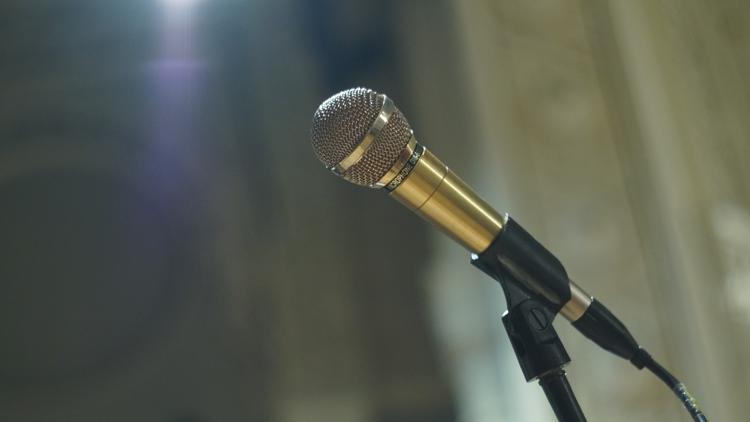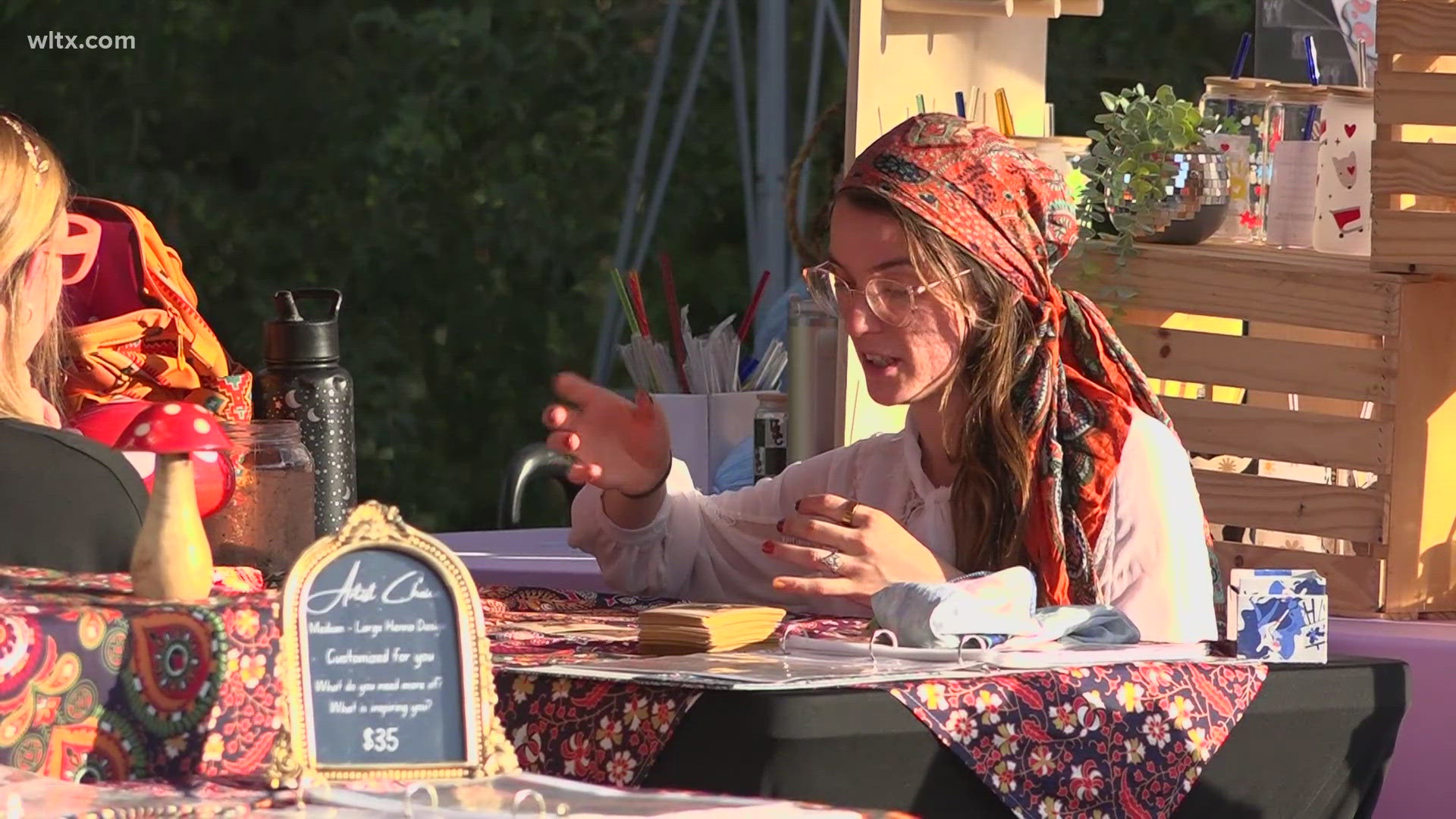COLUMBIA, S.C. — You may have heard them on National Public Radio (NPR) -- short oral histories offered up by everyday people of their lives, their family, events large and small, that mean something to them and want to be remembered through StoryCorps.
Now you have a chance to record your story.
StoryCorps, the national oral history project, will be making a stop in Columbia at the SC Public Radio studio on George Rogers Boulevard beginning Thursday, March 21, through April 19. During the stop, participants will have the option of recording conversations in-person or through the StoryCorps' Virtual Recording Booth. Reservations can be made on the 24-hour toll-free reservation line at 1-800-850-4406 or through the SC Public Radio website.
The format is simple:
- A reservation must be made for a recording.
- For in-person interviews, both participants must be present. Look for the StoryCorp Airstream trailer outside the SCETV studio at 1041 George Rogers Blvd.
- Two people hold an informal, meaningful conversation with one another about who they are, what they've learned in life, and how they want to be remembered.
- Each conversation will be guided along the interview process by a StoryCorps facilitator.
- After each 40-minute recording, participants receive a digital copy of their interview. With the participants' permission, StoryCorps will archive a copy of the recording at the American Folklife Cener at the Library of Congress for future generations to hear.
A select number of recordings will be aired on SC Public Radio stations and may be shared by StoryCorps on its weekly broadcasts on NPR stations across the country or through the organization's animated shorts and digital platforms.
StoryCorps founder Dave Isay had this to say about the project, “StoryCorps tells an authentic American story—that we are a people defined by small acts of courage, kindness, and heroism. Each interview reminds people that their lives matter and will not be forgotten. During this pandemic, the value of preserving these stories, and of strengthening connections between people who may feel physically isolated, is more important than ever.”



